A language course abroad is a great way to combine relaxation and sightseeing with learning.
In short – you are going to some beautiful and interesting place for a week, two, sometimes more. For part of the day you enjoy the place, the other part you spend in a language school. There can be group or individual classes, the number of hours depends on your preferences.
It may not be the cheapest form of spending holidays, but one that brings many benefits. Both linguistic and extra-linguistic.
Why is it worth taking a language course?
Linguistic Benefits
The most standard solution for language courses abroad is four hours of lessons a day (Monday to Friday, weekends are free). That means at least 20 lessons a week. Compared to a typical course in country you live, the frequency of which is about 3-4 hours, it’s a lot.
There are also small homework and time spent with friends from school or with your family. Such ‘immersion in the language’ must bring results.
It greatly improves the use of the language, broadens the vocabulary and, above all, opens up. It helps to break down that invisible barrier (mainly in speaking) that many of us have.
Non-linguistic benefits
You get to know a given place better, more ‘in-depth’ and locally. Firstly, because you just stay there longer. Secondly, thanks to teachers, organized activities after school and possibly the family at which place you may stay.
A huge plus is also spending time with interesting people from different countries and having great fun together. Sometimes these are only holiday friendships, but sometimes they can last longer, especially in the era of easy contacts via social media.
Such an international company greatly broadens the perspective and I sincerely recommend it, not only during the courses.
Cons
The only downside I can think of is that this is not a ‘typical vacation’. You have to get up a little earlier, spend some time at school. It is not a hard work, rather a pleasure, but it is definitely an active time. It depends if you feel like going on such a trip.
How to organize a trip to the language course
Something about organizational specifics. There are two options. You can use the help of a company / language school that deals with such trips from Poland/any other country. They will help you choose the school, type of accommodation, and sometimes transport.
The second, cheaper option is individual organization. A suitable school is searched for via the Internet and you order a place there directly.
You have to arrange travel yourself, but accommodation can most often be arranged through the school (rates are usually lower than for standard hotels or apartments).
How to search
There are many language schools like that. Firstly you have to consider what you care about the most: a big city or, on the contrary smaller town, or maybe some special accent?
You can go to London for an English course, to a small seaside town, to Ireland, but also to Malta! There are many possibilities, the first ones will appear just after typing in the search engine a simple ‘language school / courses’ plus a place (in English or in the target language).
Accommodation
There are usually several options:
• Family – your room with a local family, and you often eat meals with them. It is about getting to know the culture even better, as well as constant contact with the language.
I think it is a nice option, especially for younger ones (but not only), because it gives some extra care.
• Family – more like a ‘lodgings’
A room with the family, but more independently, without meals and integration.
Family is most often the cheapest option.
• Student flat – your own room (or shared with another person) in a flat for several people with other students of the school.
A very nice option for more conversations and integration.
• Dormitories – student residences.
Cheaper than a hotel, but with single rooms, sometimes bathrooms and a kitchenette, for more privacy.
• Hotels
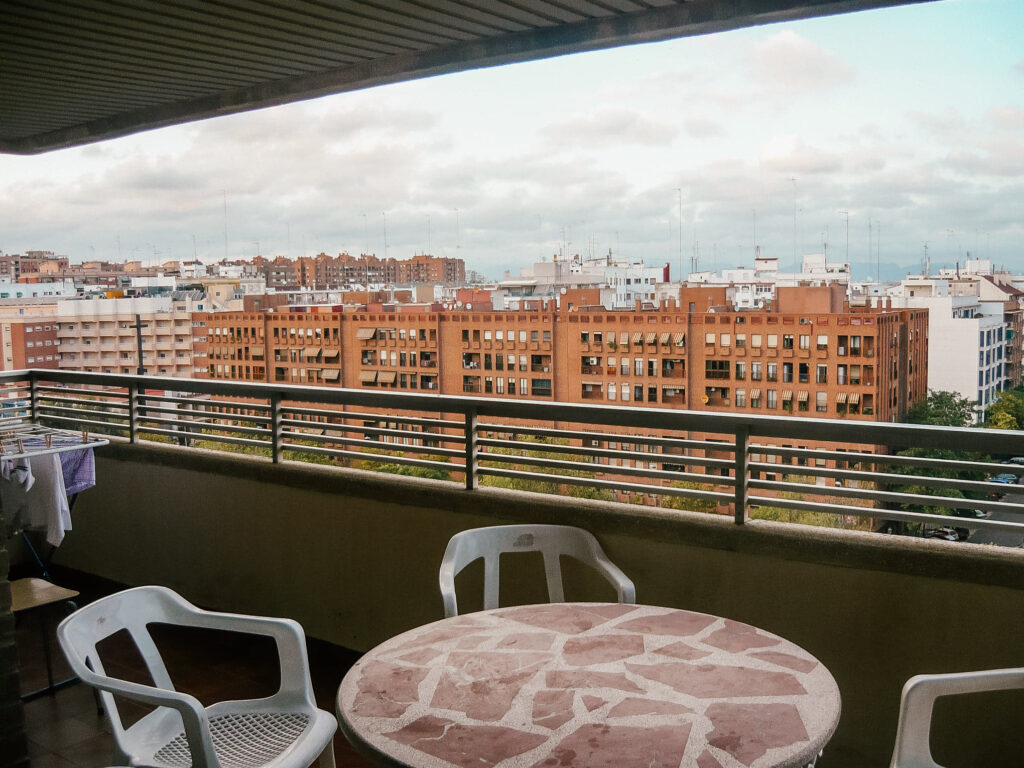
Balcony in students’ flat in Valencia 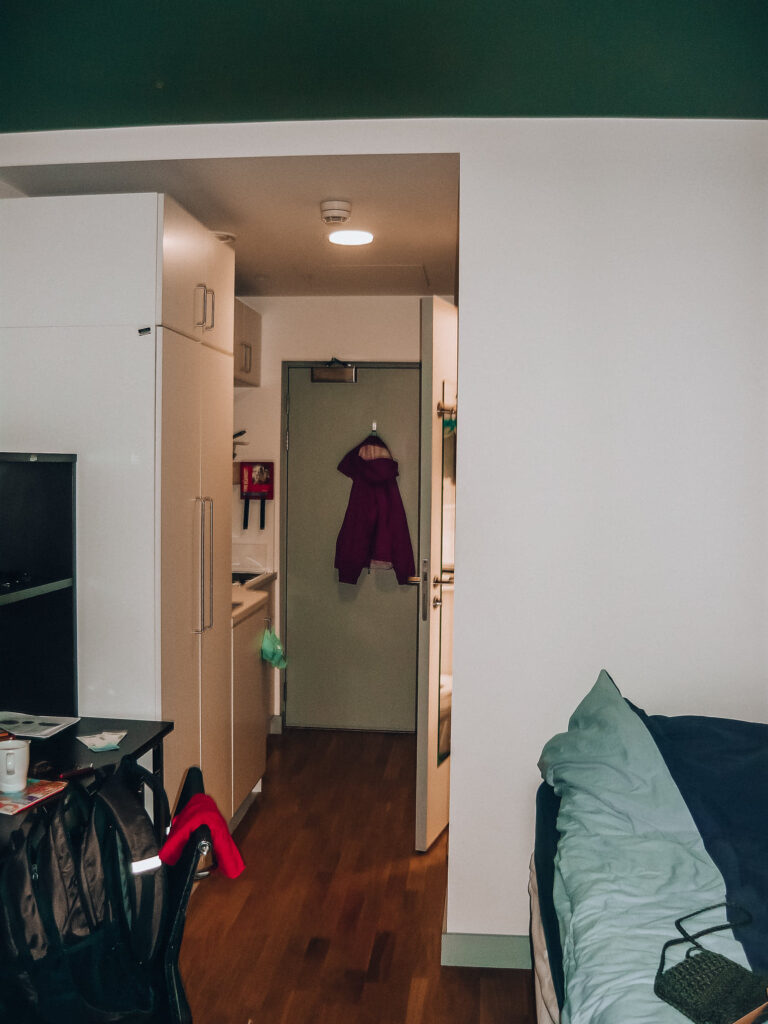
Room in students’ residence, London 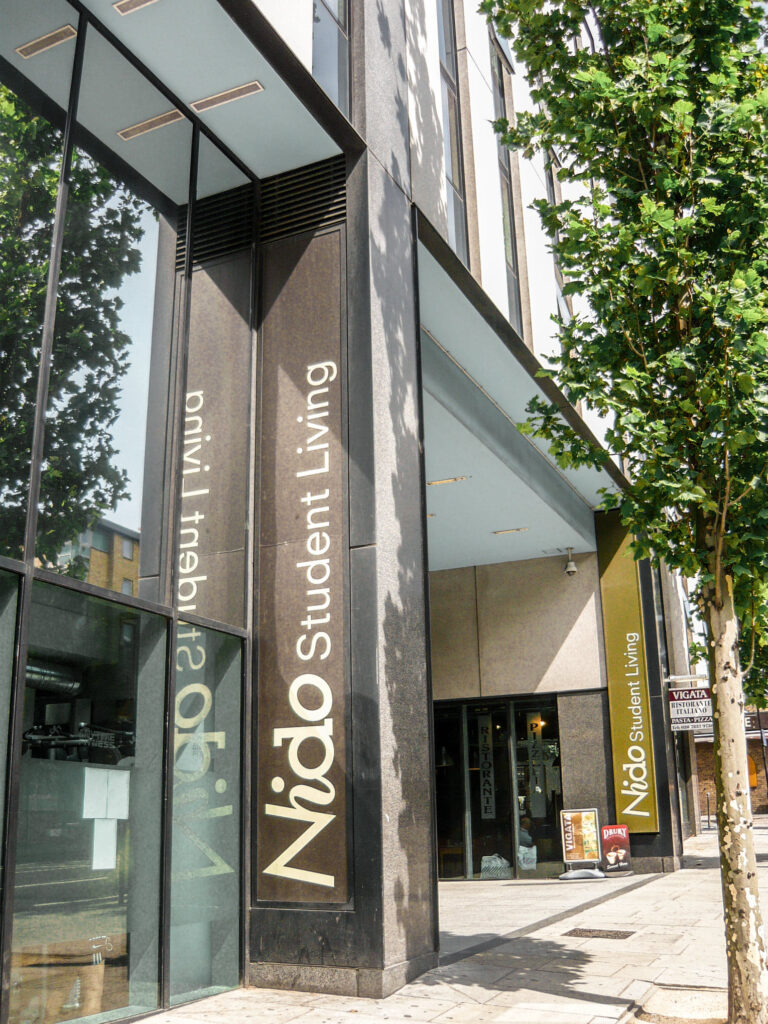
Entrance to students’ residence, London
Food
In the Family option, you can usually choose half/full board (you eat with them and what they eat), sometimes even with a packed lunch.
In other options, you have to take care of the food yourself, possibly meals may be available in the dormitory.
Students often organize going out for lunch or dinner together.
How to get
This remains for the organization on our side. Standard accommodation is provided from Sunday before the course to Saturday after the end of the course.
Extra-curricular activities
Most schools organize daily activities such as spending time together, walking, going to a museum, theater or restaurant, pub quiz, weekend trips, etc.
Sometimes you can also combine a course with another course, e.g. dance (I combined Spanish course in Andalusia with flamenco), cooking, yoga, trekking, there are plenty of possibilities!
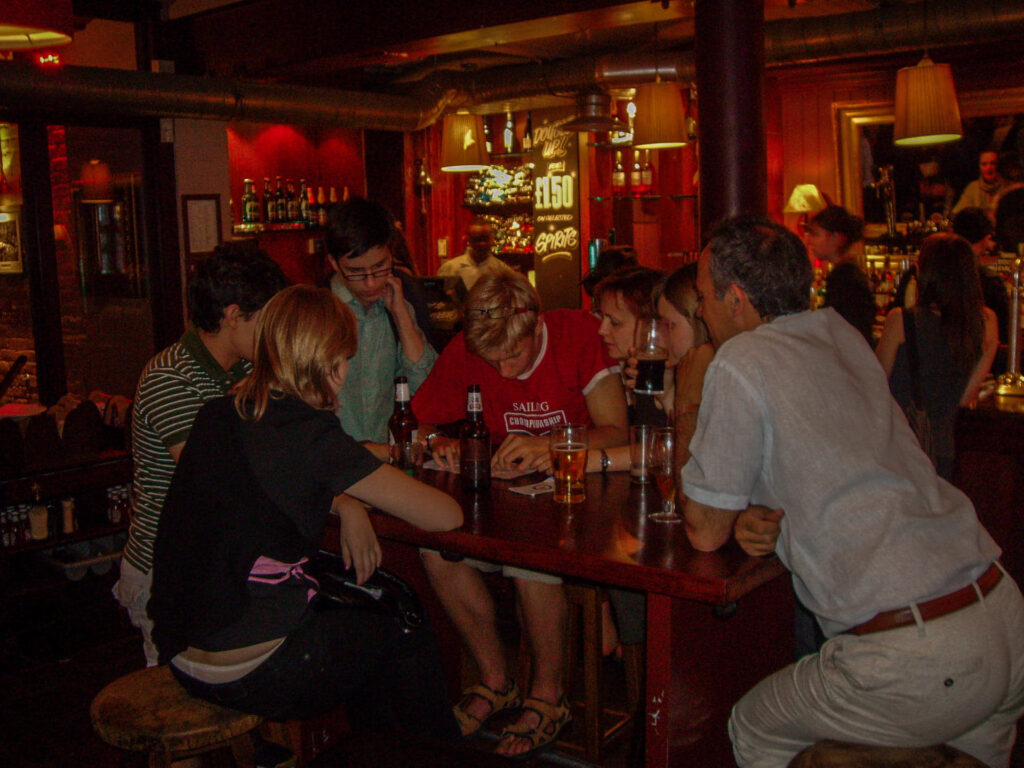
Pub quiz 
Sushi evening 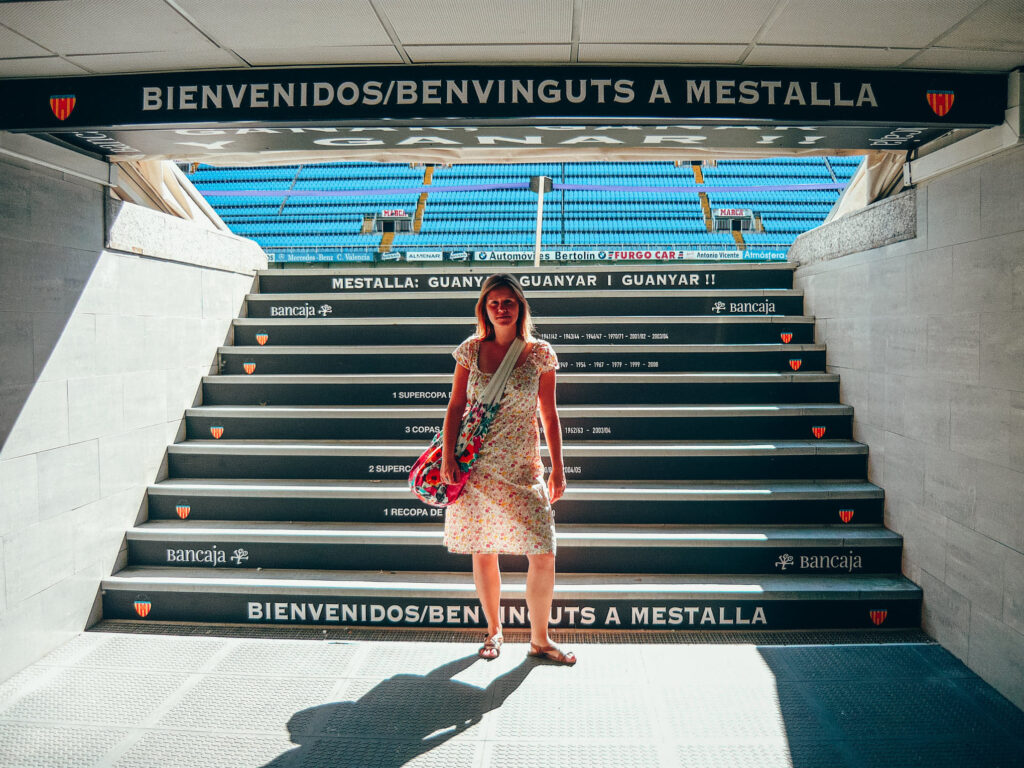
Visit at stadium of Valencia CF
For how long to go?
It is an individual matter, depending on the time at your disposal and financial resources.
Based on my experience, three weeks are the best for a language. Two will be ok too, one is not enough.
Some schools accept students from every Monday, some restrict and set the starting dates for the course (look at this primarly if you have more requirements, e.g. a group for complete beginners).
My memories
I am not writing about all this only theoretically. I have attended language courses several times:
English in London, Dublin, Worthing on the English coast (next to Brighton) and Spanish in Granada, Seville and Valencia.
For the first time I used the company, the rest I Searched and organized myself.
I was satisfied with all the schools. I give the names, maybe they will help someone in searching: Central School of English Dublin, Central School of English Dublin, Costa de Valencia in Valencia, Delengua in Granada. However, I do not want to recommend them, because it was quite a long time ago and a lot could have changed😊
The first time I took the course was during the summer holidays before my last year of secondary school. The knowledge of English was probably on the level between B1 and B2, but speaking terrified me, actually paralyzing me, even reading aloud. After two weeks, I came back changed, speaking was no longer a problem. And it was not about the level, because it was still not great. I just broke the barrier. And as it turned out later, it was also very helpful when learning other languages.
Each subsequent trip ‘talked’ me more, which I noticed mainly in Spanish.
I lived with my family, in an apartment and in dormitories. What else? I visited a lot, I felt the local atmosphere of the places, I met many people, I danced flamenco and ‘practiced’ independent travels, as well as their organization.
I hope I managed to encourage you to think about vacation with a language course in the background, I really recommend it.
And if you need help in organizing such a trip, I invite you to browse my offer.
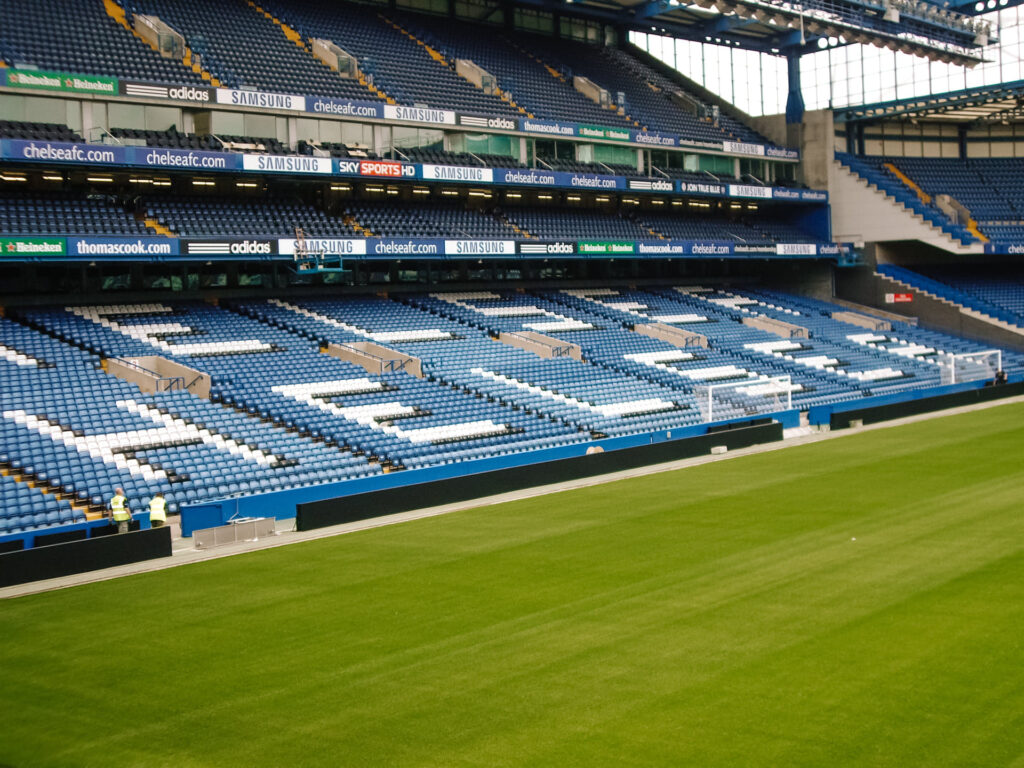
Visit at Chelsea stadium 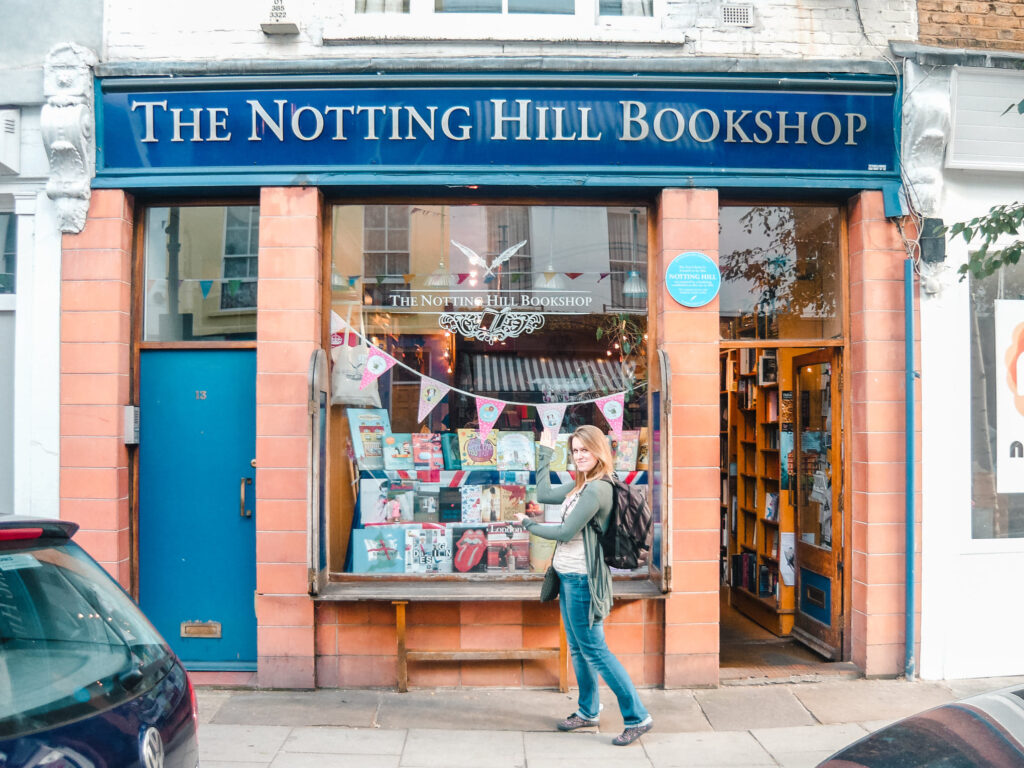
Searching for blue doors and bookshoop in Notting Hill

Valencia, City of Arts and Sciences 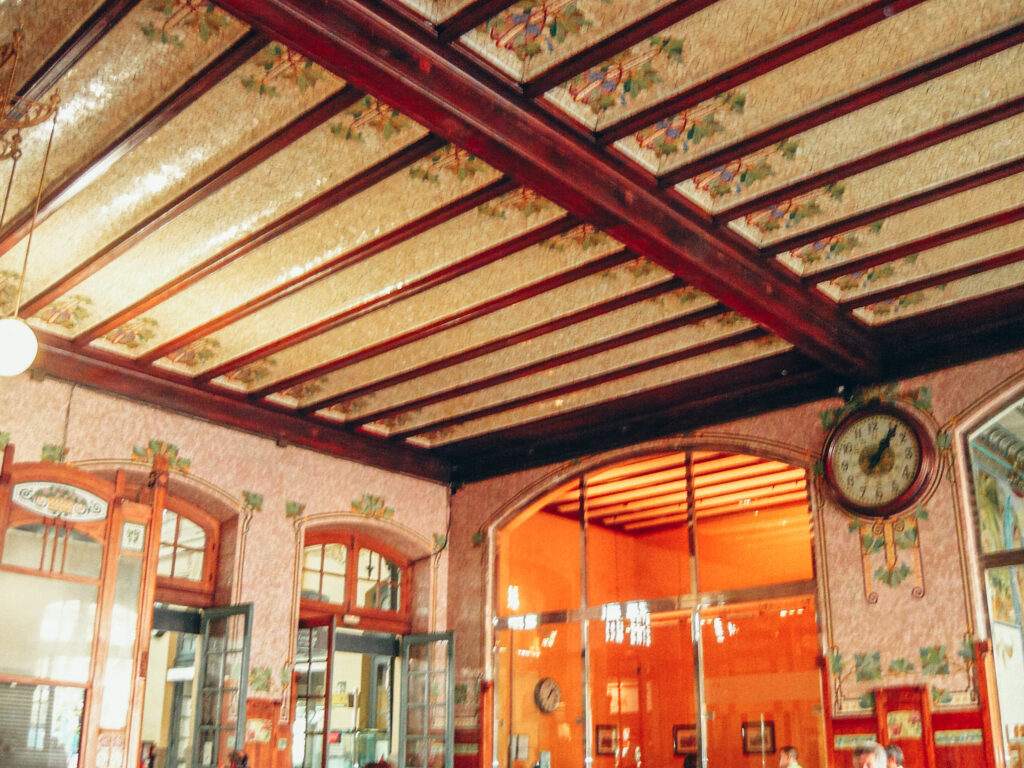
Railway station in Valencia

View from Alhambra, Granada 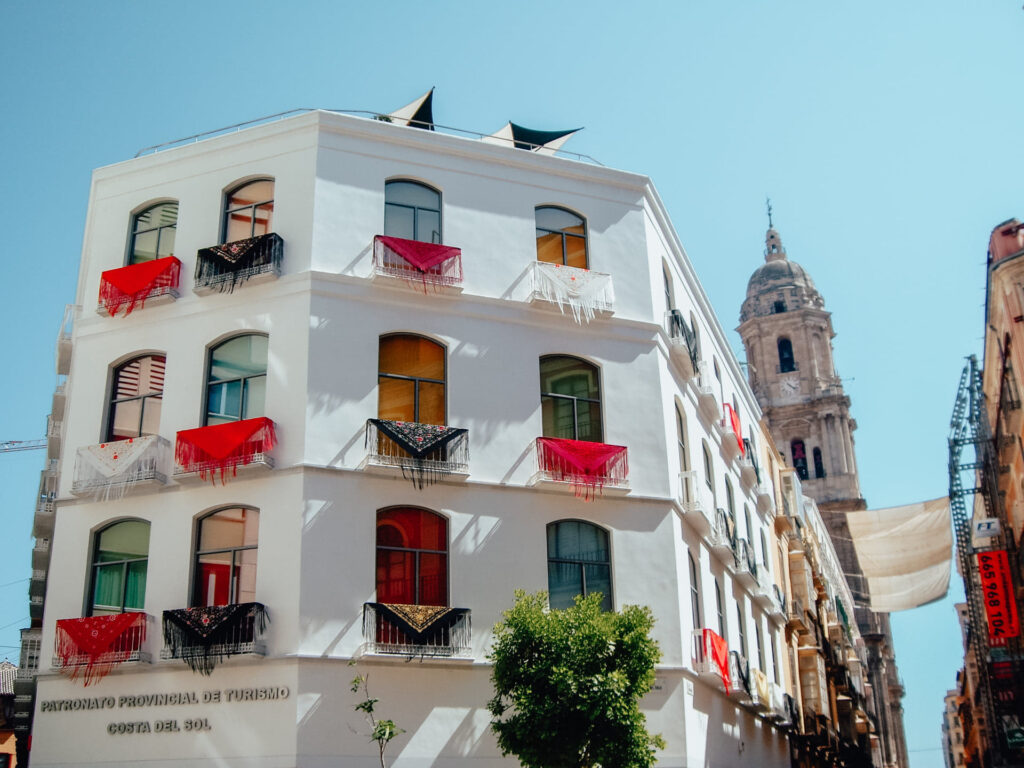
Malaga 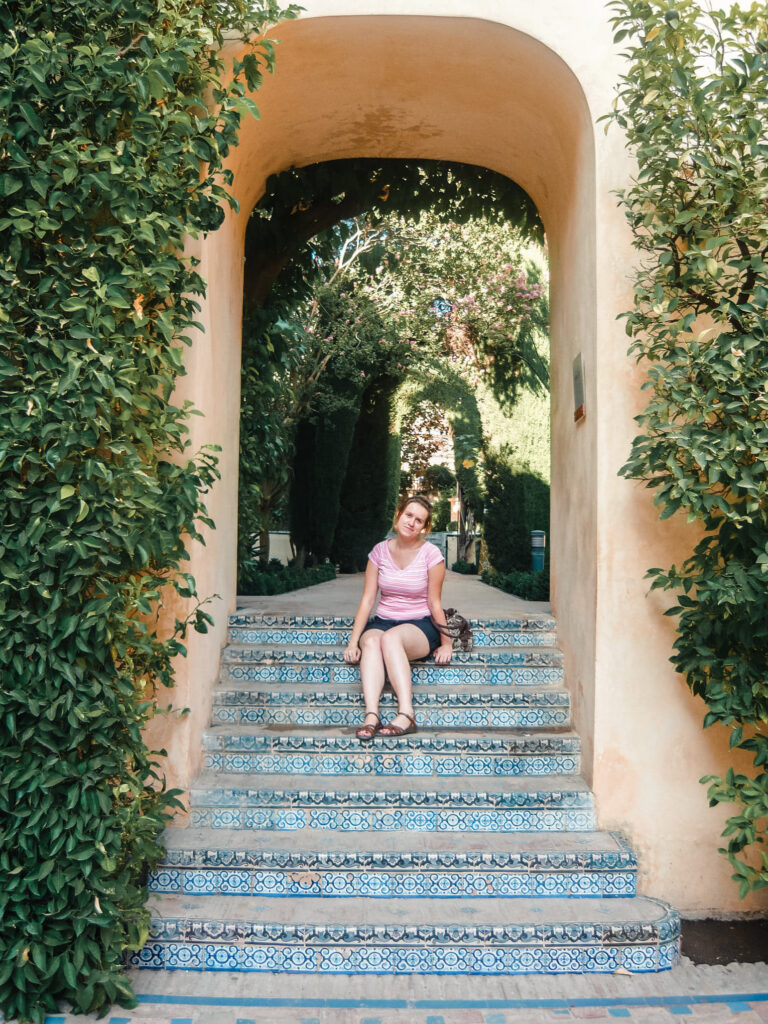
Sevilla


